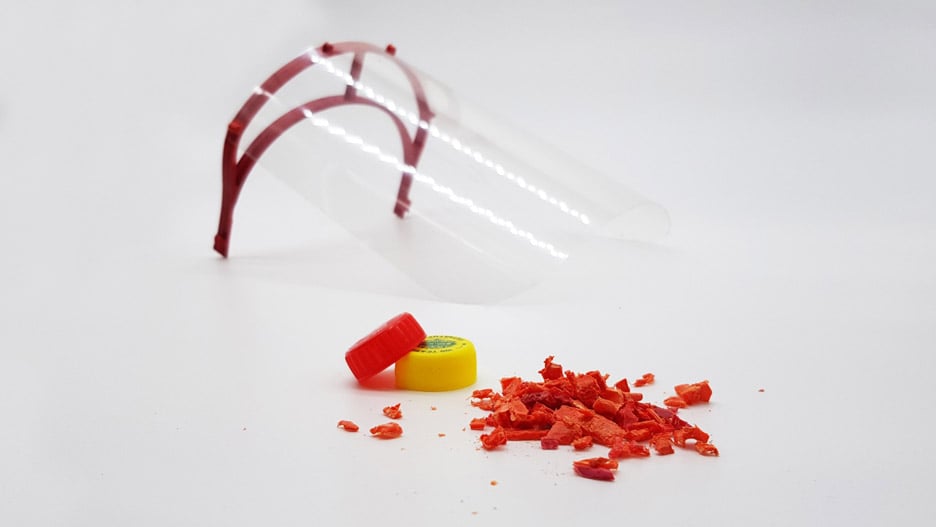WWF’s ocean cleanup initiative, end of dog meat consumption, sustainable Nepalese hospital

Photo: Marina June/Unsplash
In today’s edition of Squirrel News, we’re talking about WFF’s new venture which aims to clear our seas of discarded fishing nets, the introduction of draft policy banning dog meat consumption in China, and a hospital in Nepal which works in balance with the natural environment.
WWF have launched a new initiative which will help clear the sea of discarded fishing nets
Source: Reset
China signals an end to the human consumption of dog meat
Source: The Guardian
A fully-sustainable Nepalese hospital is now serving an estimated 100,000 visitors per year
Source: Metropolis
An innovative garden shed helps prevent flooding from stormwater and redirects it for irrigation purposes
Source: Inhabitat
A rare wildflower thought lost to the Australian bushfires have been saved due to a UK seed bank
Source: BBC Newsround
Authorities in Northern Ireland have approved a nationwide rollout of abortion services
Source: Reuters
A Dutch care home for those with dementia has built a glass-sided cabin for safe coronavirus visits
Source: Reuters
A South African non-profit ocean cleanup project is gaining traction across the country
Source: Global Citizen
Women in the Solomon Islands are raising awareness of widespread deforestation and standing up to illegal loggers
Source: Global Citizen
A recycling initiative’s open source machines are being used to create face shield and hands-free door handles from recycled plastic
Source: Dezeen













